I have an Azure IoTHub with thousands of devices registered. These devices communicate through a Telco provider who sends messages through an Azure Storage Queue. This Storage Queue triggers an Azure Function which needs to parse the messages and Send an Event to the IoTHub as below.

Currently, we use the Azure IoTHub SDK to create a DeviceClient for each payload and we send the event. Because the DeviceClient represents a device in the IoTHub and is carrying the context of the source of the events, we are having to recreate a device client for each event. This quickly exceeds the threshold of the number of Connections allowed on Azure Functions.
We have tried using the IoTHub Output bindings for Azure Functions, but could not get to work and I do not think it would work because we need to make sure that the events get to the IoTHub with the right context (messages are sent by the right device).
What's the right way to solve this? Can the connections to the IoTHub be reused? Should we abandon Azure Function in favour of something else?